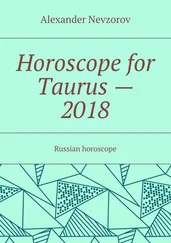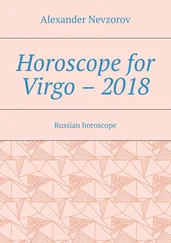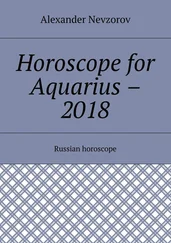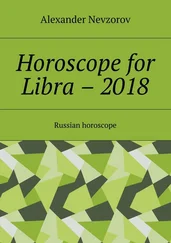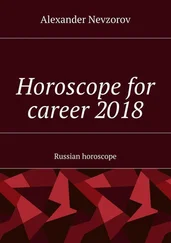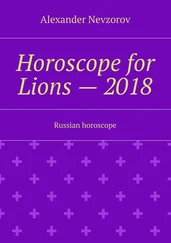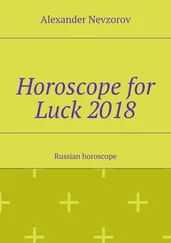A resident director receives about two hundred and fifty to five hundred dollars a month, depending on his dependents, his social position, and the cost of living in the country concerned. A wireless operator under the same conditions would receive from a hundred to two hundred dollars a month. If, on the other hand, he or she has a regular job as well, all that would be paid would be the actual expenses of the job. Agents are paid by results, but an agent of long standing who has produced consistently good and voluminous information may also receive a fixed retainer. Bonuses are also paid for exceptionally good pieces of work. The rates of pay are based on the amount of money that the member of the network has to expend from his day-to-day living expenses. The Centre does not encourage overpayment, as this might result in the individual's accumulating a large bank balance. This is regarded as undesirable, for not only is it a waste of Soviet government money but it also increases the risk of the person's "going private" (i.e., leaving the organisation).
Full-time members of a spy ring are told that they are fully and regularly embodied members of the Red Army and as such can receive military decorations for meritorious service. What actually happens is that all the agent gets is the promise of such a decoration if and when his work outside Russia is finished. For example Rado was a full colonel in the Red Army and I was a major, and when I was in Moscow I was told that I would be promoted to lieutenant colonel on my next assignment. At various times I was informed that I had been recommended for three Soviet decorations, the only one specified being the Order of the Red Banner. This I got for inventing a simplified system of sending Morse numbers which cut transmitting time by a third. I am still, not unnaturally, awaiting my investiture!
In theory a member of the network can retire on full pay after five years' service abroad- but his pension will be paid only in roubles in Russia. And in practice, if he did try to live in idleness and ease on his pension in Russia, he would soon get into trouble, as the slogan "He who does not work shall not eat" would be enforced-even for spies on full pay. He would find it more convenient- and certainly healthier- to volunteer for a further tour of duty abroad or hastily to find some other employment within Russia.
In addition to the return to Russia at the end of the five-year tour, agents are also sometimes summoned back to Moscow either for discussions or to take a course in some specialised subject. In such cases the individual travels to some other country- usually one with a common frontier with the U.S.S.R.- and there, at .a prearranged rendezvous , he meets an agent from the Centre who hands him a new passport (sometimes a Russian one) containing the necessary visas- and of course in a false name. In return, the recalled spy hands over to the
Centre's agent a sealed envelope containing his original passport and necessary documentation which he receives back on his return from Russia.
Frequently these sudden recalls to Moscow are not dictated by necessity but from a desire by the Centre to ascertain the reactions of the person to such a summons. If he expresses immediate willingness to return, the instructions are, as often as not, cancelled at the last minute. If, however, he hesitates or suggests that his recall might imperil the working or security of the network, Moscow's suspicions are at once aroused. He then becomes suspected by the Centre of "Trotskyist sympathies" or some lesser crime, and in all probability is enticed to some other country whence he can be easily abducted to Soviet Russia or where he can be conveniently liquidated.
If the spy is of little importance and his knowledge of the network is limited, the Centre may not take such drastic action. If they decide that his "going private" will not imperil the organisation or hamper its main working, he may merely be excluded from the network, and those individuals with whom he has been in contact are withdrawn and posted elsewhere.
The only occasion on which a member of the network is given leave to get out of the country is if he is under suspicion by the authorities or his security is imperilled by some other member of the organisation who is under suspicion for double-dealing. In such cases, if the need is really urgent, he can even leave without the permission of the Centre. In these cases he will go to his "place of conspiracy" where he will be recognised by the other contact that is there for just such an eventuality. The contact will not, however, make contact on sight. He will note the person's appearance and report back to the Centre, which will then check up to see that it is the right man and not an impersonator planted by some counterespionage authority. The Centre will also check up through the local party and the other members of the network as to the circumstances of the person's departure, and if they are satisfied, then, and only then, will contact be made at the "place of conspiracy."
A resident director, or any member of a network who holds a cipher known only to himself and the Centre, has another course open to him apart from going to the "place of conspiracy," in the event of his being forced to fly the country without receiving specific instructions from the Centre as to his future. He can go to any Soviet military attaché in any country other than that in which he is resident- the farther away the better- and there, without revealing his identity, he hands in a message in his own cipher for the M.A. to dispatch. This message the M.A. will forward to Moscow, asking no questions but merely arranging a rendezvous some time ahead. Moscow will send in return a photograph of the agent and his "control questions." This is a form of question and answer known only to the Centre and the resident director concerned. The M.A. will go to the rendezvous and if the person tallies with the photograph and can give satisfactory answers to the control questions, then his bona fides is considered to be satisfactorily established and the fugitive resident director will, receive further instructions.
So far I have described the skeleton of the organisation and the functions of its main component parts. Also the way its members are recruited, its relations with the local Communist parties, and the means by which information flows to the resident director have been outlined. No mention has been made of the most vital and probably the most difficult operation of all- the getting of the information to Moscow. Communications are the most important part of any spy ring and are its Achilles heel, as it is by tapping in on these that the counterespionage authorities gain most of their information and obtain most of their successes. Because of its importance I have left this subject to the last. Without communications with the outside world and thus to its headquarters, the most efficient spy ring in the world is powerless – as Rado found to his cost in 1940. Cut the channels of communication and you have rendered the network useless. In all probability its attempts to open up communications on an extemporised basis will betray its workings, and the individuals can be scooped up at leisure. This is, I have no doubt, the axiom of counterespionage authorities throughout the world.
Every resident director has of course his own separate means of communication. Before the war the normal means of transmitting the information which the resident director had received, sifted, and evaluated was by means of microphotographs. The director enciphered his text and then the messages were divided into portions of about five hundred cipher groups each. These portions were then microphotographed and resulted in a negative about the size of a pinhead. The pinhead negative was then stuck on an ordinary postcard, the position on the postcard being naturally agreed beforehand. The postcard, which bore a perfectly innocent and normal message, was then sent by the resident director to an address in a nearby country where it was collected by a courier and delivered, either direct or through yet another cut-out, to the Soviet military attaché, who sent it on either in the diplomatic bag or over embassy wireless channels.
Читать дальше




